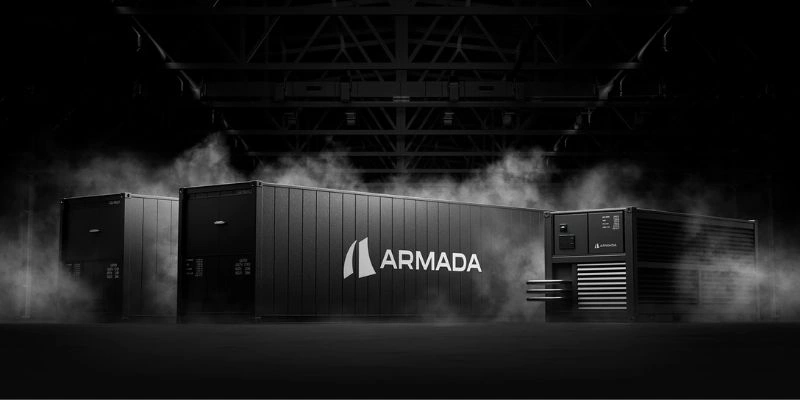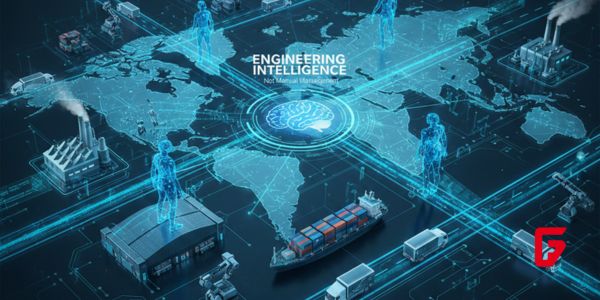“American energy and AI dominance hinges on one thing: moving massive compute to the edge—fast—where data and low-cost power live,”
–Dan Wright, Co-Founder and CEO of Armada.
What Makes Leviathan a Game-Changer?
At its core, Leviathan is about rapid, flexible, and high-density compute where legacy infrastructure can’t reach. Each Leviathan unit delivers 10x the compute of Armada’s previous flagship, Triton, and is built to operate on local, stranded, or alternative energy sources including natural gas, solar, or nuclear. The modular system is fully operational within weeks—compared to the years needed for traditional data centers—and doesn’t require the pain of construction permits or major site prep.
Key highlights include:
Energy-agnostic design: Supports any available power at the edge.
Rugged mobility: Withstands harsh or remote conditions—from oil fields to military outposts.
Liquid cooling: Ensures high performance and efficiency.
Upgradeable: Future-proofs AI investment with easy chip and cooling swaps.
Fraction of traditional costs: Delivers scale and density without massive capital outlay.
Empowering AI at the Edge
As demand for AI training and inference grows exponentially, most data is being created—and ought to be computed—closer to where it originates. Leviathan addresses this, enabling AI training at megawatt scale directly at the data’s source, whether that’s remote energy facilities, industrial outposts, or national security zones. This leap is especially urgent as the wider industry forecasts that by 2025, up to 75% of enterprise data will be generated and processed outside traditional centralized data centers.
Strategic Partnerships and Real-World Deployment
Armada is already teaming up with energy leaders—like Fidelis New Energy and Bakken Energy—to roll out Leviathans in strategic U.S. locations: North Dakota, Texas, West Virginia, and Louisiana. These are spots with surplus power begging for useful deployment—now being transformed into AI factories and digital infrastructure for the future.
Leviathan modules are also being tested in U.S. Navy environments and are slated for uses such as processing autonomous drone data and other analytics at the true edge, demonstrating not just commercial but national security value.
Beyond the Data Center: A Bold Vision
For Armada, Leviathan isn’t just a data center—it’s a new strategy for sovereign, distributed AI infrastructure. Instead of waiting for giga-scale data centers to be constructed by the old guard, Leviathan enables immediate action: plug-and-play, mobile AI clusters that move where the need is greatest, supporting everything from energy optimization to next-gen defense. As one investor put it, “America’s AI leadership hinges on owning the entire stack—from power and silicon to software—and being able to deploy it anywhere”—and Armada wants to be at that frontier.
Armada’s Leviathan is shaping up to redefine what it means to deliver AI anywhere—instantly, flexibly, and at unprecedented scale. The digital divide narrows here: where untapped energy meets cutting-edge compute, the future is modular.














